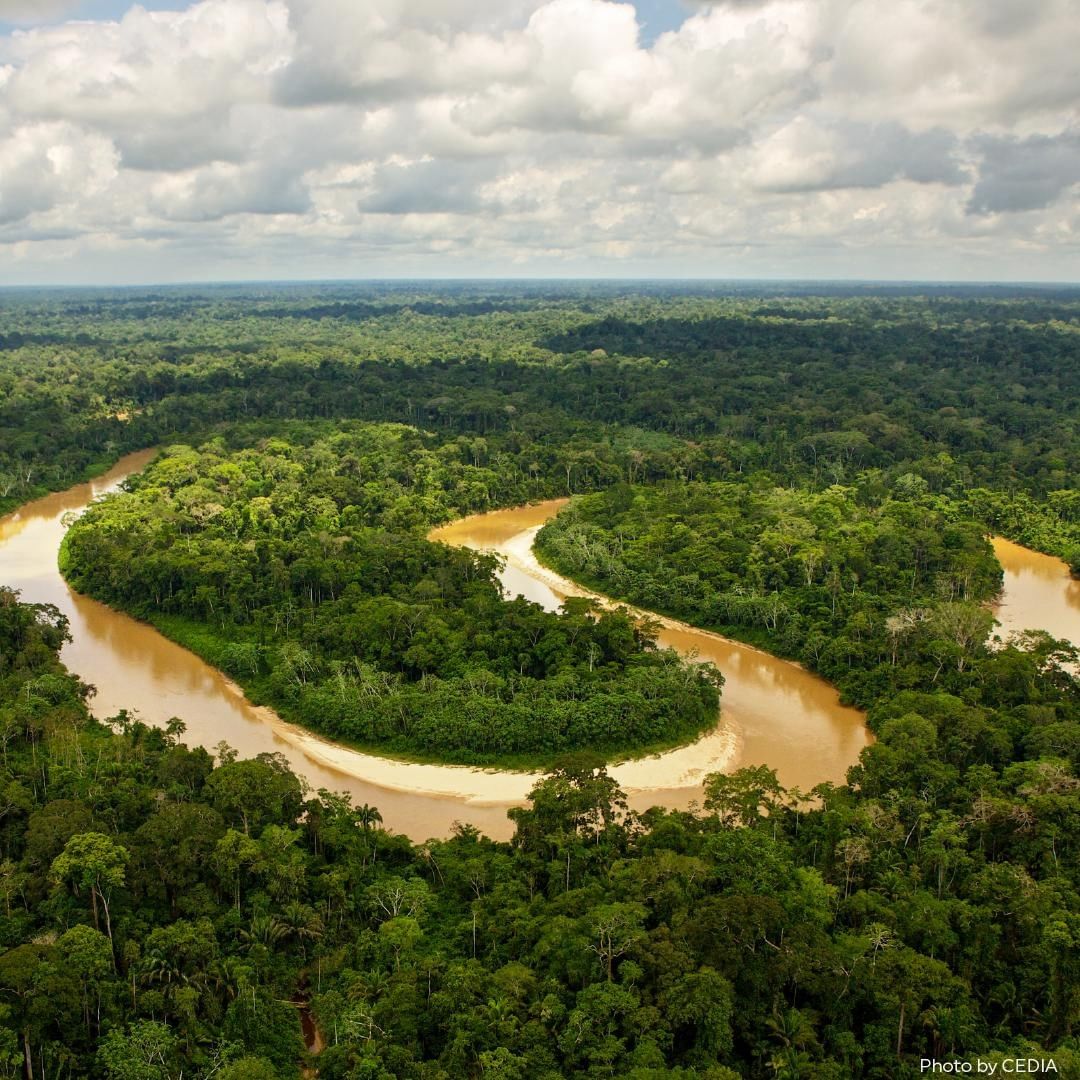The Amazon Rainforest has been burning for decades and news just caught up with it three weeks ago.
Trees are turning to ash, killing wildlife and the homes of indigenous people. And it isn’t just because of our rising climate temperature. The rainforest fires are also caused by cattle ranchers and loggers who wish to clear and utilize the land, emboldened by the country’s pro-business president.
BBC News reports that organizations, activists, and social media users worldwide have reacted to the news with alarm. #PrayForTheAmazon and other variations of the hashtag are trending globally on Twitter, with hundreds of thousands of tweets. As images and news of the fire spread, many are demanding accountability from Brazilian president Jair Bolsonaro.
Ever since Pres. Bolsanaro’s presidential campaign, he has been making promises on restoring the economy by exploring the Amazon’s economic potential. Now, environmental organizations say he has encouraged ranchers, farmers, and loggers to exploit and burn the rainforest like never before with a sense of impunity.
Since January 2019, 72,000 manmade fires have blasted the rainforest—both legally and illegally. And the single largest cause to clear land is for cattle farming and other forms of agribusiness.
But wait. Why should we even care? Why should we care about the Amazon Rainforest, especially if we are thousands of miles away from it?
Here’s why:
The Amazon keeps the Earth cool
According to The Amazon Aid, carbon dioxide released into the atmosphere causes the world to heat up. The Amazon is one of the world’s most important natural buffers for keeping us cool with forests that cover 5.5 million acres. It is the largest tropical ecosystem on the planet and those trees store an immense amount of carbon in their leaves, trunks, roots. Not only does it store 1/6 of the world’s carbon, nearly 11 years of carbon emissions, but in a normal year the forests absorb about 20 percent of the atmospheric carbon, and pulls in nearly 300 million tons more of the carbon than it releases into the atmosphere.
The Amazon Rainforest serves as one of Earth’s largest reservoirs of carbon dioxide, helping regulate global climate patterns through the sequestration and storage of carbon dioxide in above-ground biomass and soil.
It regulates global and local weather patterns
Every day the Amazon releases approximately 20 billion tons of moisture into the atmosphere helping to seed the clouds with rain around the world. The Amazon needs approximately 80 percent of the trees standing to continue this water cycle. “The Invisible River in the Sky,” carries more moisture in the atmosphere above the Amazon than waters in the Amazon Rivers.
Water supply
The Amazon rivers are the second-longest river on earth after the Nile River, moves the largest volume of water, and carries 20 percent of the Earth’s water to sea. It creates flooded habitats that are homes to 3,000 types of fish and unique species including pink dolphins, the giant otter, and piranhas. Indigenous and local peoples use the rivers as a means of transportation and a source of protein in the form of fish.
Home to the biggest number of plants and wildlife in the world
The Amazon rainforest has the most biodiversity on Earth, home to over 30 percent of the world’s species. That includes nearly one million insects known to science in the Amazon basin, approximately 530 species of mammals, nearly 1,000 different reptiles and amphibians and more than 5,600 species of freshwater fish, an estimated 80,000 plant taxa, and an estimated 390 billion trees.
You see? Anything that happens to the Amazon Rainforest, an ecosystem as big as it is, will gravely affect the state of our climate.m—the whole world’s climate. So even if you live far away from Brazil, this is your concern too. Take action. Mother Earth has only so much left to give.
Photo courtesy of Rainforest Trust’s Instagram account
For the latest in culture, fashion, beauty, and celebrities, subscribe to our weekly newsletter here
Follow Preen on Facebook, Instagram, Twitter, YouTube, and Viber
Related stories:
The Amazon rainforest has been burning for decades, and we’re only finding out about it now
Women change-makers, part 1 of 2: Fashion, food, and climate change advocacy
Greta Thunberg: How a 16-year-old will save the world
Forces for Change: 15 women fight for global re-intervention


